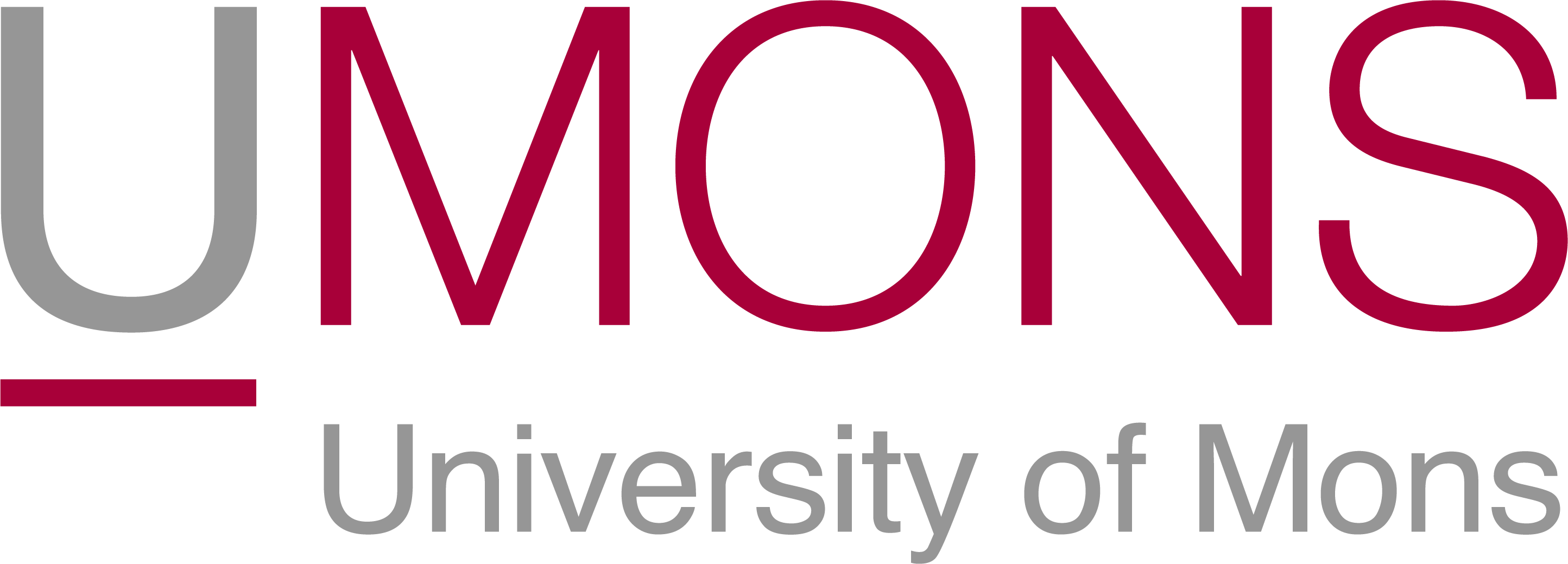ManySynth
Many-sided Synthesis of Reactive Systems - Foundations, Algorithms, and Tools.


Project highlights
- FNRS Incentive Grant for Scientific Research.
- Project leader: Mickael Randour.
- Duration: January 2018 to December 2019. Budget ~250.000 euros.
Project summary
We live in the days of ubiquitous computing: we are surrounded by reactive (computer) systems that continuously interact with their environment through user input, sensors, etc. Their correctness is often critical, either for safety reasons (e.g., ABS for cars) or due to constraints of mass production (e.g., smartphones). Unfortunately, their development is difficult and prone to errors. Formal verification and synthesis have proved to be success stories of computer science, aiming at the automated construction of provably-safe system controllers. Many techniques take roots in the game- theoretic framework, modeling the interaction between the system and its environment as a competitive game.
One crucial change over the last decade is the evolution from Boolean to quantitative specifications, giving birth to models describing performance of systems. However, prevalent frameworks only permit to consider a single quantitative (or qualitative) aspect at a time: they do not take into account their interplay and the resulting trade-offs. Such trade-offs may occur between different resources (e.g., decreasing response time requires additional computing power and energy consumption) but also between different behavioral models (e.g., average-case vs. worst-case performance). Those interactions are at the core of practical scenarios and require the developers to decide how to balance the different aspects. Hence, there is an absolute need for frameworks and tools capable of modeling interplays for the synthesis approach to be effective in practice. I coin the term “many-sided models” for such rich models in opposition to single-sided ones, which only allow to reason about a unique aspect of reactive systems.
The goal of ManySynth is to allow next-generation synthesis by establishing formal foundations, algorithms, and tools to support the paradigm shift from single-sided qualitative and quantitative models to many-sided ones, developing fundamental advances in this direction.
Publications supported by the project: 18 (2 best paper awards, 1 book)
Books
Peer-reviewed journals
International peer-reviewed conferences
- FSTTCSThe True Colors of Memory: A Tour of Chromatic-Memory Strategies in Zero-Sum Games on Graphs (Invited Talk)In 42nd IARCS Annual Conference on Foundations of Software Technology and Theoretical Computer Science, FSTTCS 2022, December 18-20, 2022, IIT Madras, Chennai, India , 2022
- TACASSimple Strategies in Multi-Objective MDPsIn Tools and Algorithms for the Construction and Analysis of Systems - 26th International Conference, TACAS 2020, Held as Part of the European Joint Conferences on Theory and Practice of Software, ETAPS 2020, Dublin, Ireland, April 25-30, 2020, Proceedings, Part I , 2020
- CAVSeminator 2 Can Complement Generalized Büchi Automata via Improved Semi-determinizationIn Computer Aided Verification - 32nd International Conference, CAV 2020, Los Angeles, CA, USA, July 21-24, 2020, Proceedings, Part II , 2020
- ICTACLTL to Smaller Self-Loop Alternating Automata and BackIn Theoretical Aspects of Computing - ICTAC 2019 - 16th International Colloquium, Hammamet, Tunisia, October 31 - November 4, 2019, Proceedings , 2019
- CONCURLife Is Random, Time Is Not: Markov Decision Processes with Window ObjectivesIn 30th International Conference on Concurrency Theory, CONCUR 2019, August 27-30, 2019, Amsterdam, the Netherlands , 2019
- ATVAltl3tela: LTL to Small Deterministic or Nondeterministic Emerson-Lei AutomataIn Automated Technology for Verification and Analysis - 17th International Symposium, ATVA 2019, Taipei, Taiwan, October 28-31, 2019, Proceedings , 2019
- ATVAGeneric Emptiness Check for Fun and ProfitIn Automated Technology for Verification and Analysis - 17th International Symposium, ATVA 2019, Taipei, Taiwan, October 28-31, 2019, Proceedings , 2019